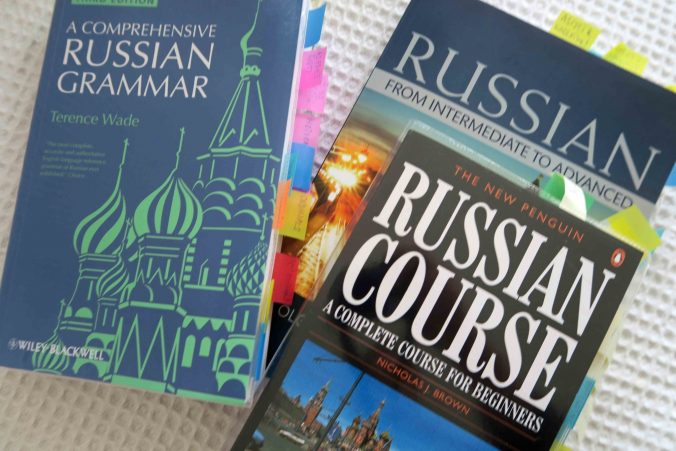According to UN standards, translation into each language can only be performed by a translator for whom the given language is native (the so-called native speaker). That is, only a Chinese translator translates into Chinese, a French translator into French, etc.
The one who came up with this rule had good reason. The fact is that there is a huge difference between translation from a foreign language into a native language and from a native language into a foreign one. When translating into a foreign language, you need to think in a foreign language. So, for a number of reasons, translating into a foreign language is always much more difficult than vice versa:
a) when translating into a foreign language, only active vocabulary is used; when translating into our native language, a passive vocabulary is also used (i.e. such words that we ourselves do not use, but we recognize and understand in someone else’s speech). Each person always has an active vocabulary less than a passive one. Thus, you have to look more often in the dictionary.
b) the same grammatical structure or the same word of the Russian language can be conveyed by several variants of constructions / words of a foreign language, and vice versa. When translating into the native (Russian) language, the choice of the desired construction or the most suitable synonym occurs automatically. When translating into a foreign language, you need to know exactly the subtle difference between synonyms, know the limits of applicability of certain turns, etc., which is not always possible.
c) it is more difficult for most translators to type in Latin (especially if it is a language like French, in which there are many modified letters), etc.
As a result, it turns out that translation into a foreign language is more expensive than into a native language, and is performed more slowly (7-8 pages per day versus 10 in Russian). Moreover, sometimes only a native speaker can adequately translate into a foreign language. Or the translator must work with native speakers for many years, ideally, live in the country of this language (in the linguistic environment), think and dream in a foreign language – only then will his translation be perceived as fully adequate.
Perhaps this is less about technical translation; however, advertising and legal texts are very difficult to adequately translate into a foreign language. Naturally, all of the above applies to foreigners translating into Russian. I have seen such translations many times. In them, it would seem, grammatically and lexically everything or almost everything is correct, correct. But the language is dead, “foreign”, it is immediately clear that a foreigner translated. So even text can have an “accent”.
But what should we do if we cannot attract a foreign translator, but we need to translate materials (for example, a website) that potential clients will read, that is, the text should invoke, not repel? The solution is to edit the text by a native speaker. Many translation agencies provide such services. As a rule, at the output you will receive such a text that any foreigner, looking at it, will not say that it is a translation from a foreign language. But the cost of such a service is very high and comparable to the cost of translation by a Russian translator. However, taking into account the high prices on the European translation market, it will be even more expensive to send a text for translation abroad.
If the budget or the specifics of the order does not allow resorting to the help of a native speaker, then in this case the Russian translator must be checked especially carefully. Many translators generally prefer to translate only into their native (ie Russian) language. If the translator has undertaken to translate into a foreign language, then first try it on a small paragraph (or on one page) and give the result to an experienced “master of the genre” or, better, a native speaker. By the way, testing on a small piece of text is accepted free of charge (see p. “1c”). If a German (Englishman, Japanese, etc.) says that the given text in his native language is written correctly, it means that you can work with the chosen translator. As you yourself understand, it is not at all necessary for such a checking foreigner to know Russian.

